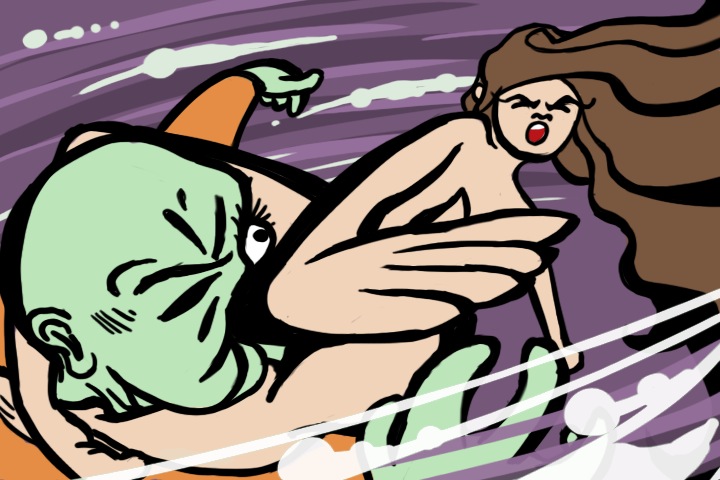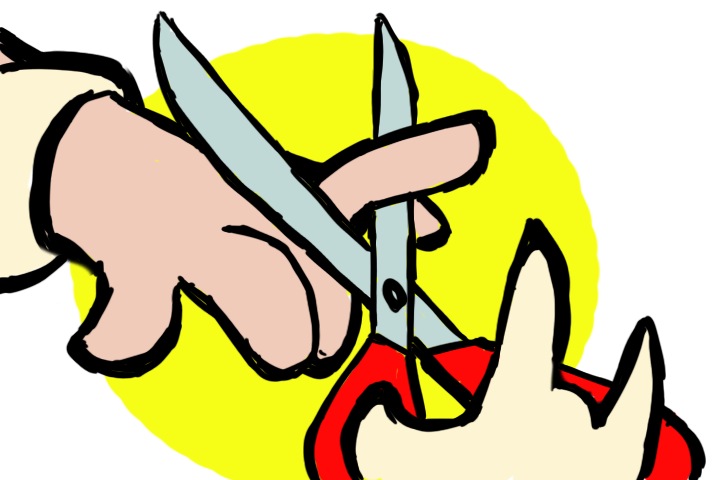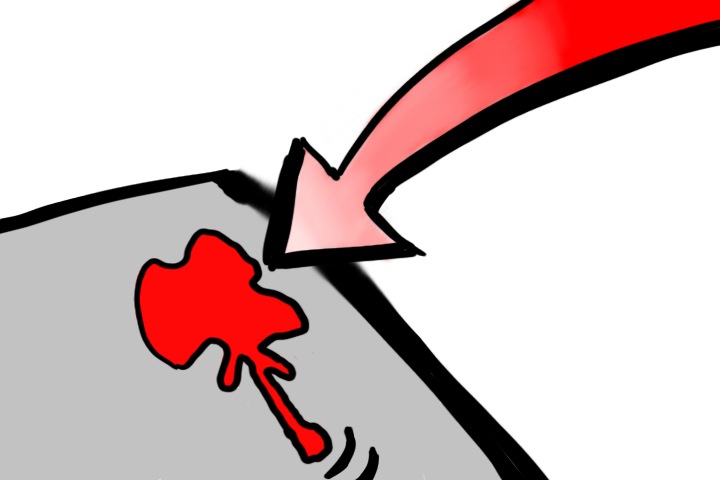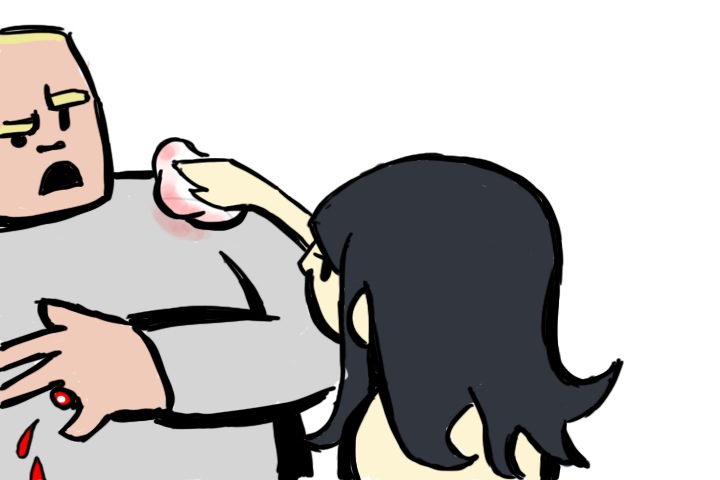Reading Into Everything
The Swimming Pool
In the book I'm reading through now, The Taste of Apples by Huang Chun-ming, the same drama is played out on many smaller stages. The inevitability of defeat doesn't diminish the suspense, the joy of the battle or the sublime moment of the death of the cause. Life cycles, more or less.
What does diminish the story, though, is the terrible translation. Perhaps Howard Goldblatt is well read, perhaps even well-adjusted to the culture he is speaking for. He is not up to the task of turning a beautiful Chinese phrase into a beautiful English one. I am withholding ultimate judgement on Howard before reading his other, highly acclaimed translations. Could it be that the original book is as bland as its translation? The collection of stories has been compared too stridently to Faulkner because of its focus on small town existence. The first story is about a boy failing to carry a Bonito fish back to his mountain home. A Faulknarian topic, I suppose. But the lack of distinct voice, thought and tone fails epically to live up to the comparison.
So what am I thinking? I need to learn more Chinese. I need to understand what is good and bad in the native language. I need also to read more translations and seek a voice with real pathos. Translations in the other direction, I gather, are equally as lack-luster. The translations which Murakami has benefited from cannot serve as the norm for Asian language translation. Or maybe Taiwan has yet to produce its own master. The island doesn't boast any Nobel Prize contenders, in any case. But we'll have to wait and see. And read.
- Posted using BlogPress from my iPhone
Location:XiYuán Rd,Siansi Township,Taiwan
housework
Not that it's wrong, per se, to own and use household appliances. Rather it's what we're missing out on when we toss dirty things into a box and let an engine work in place of an arm. Maybe instead of a half hour of exercise and genuine purifying you sit and watch TV. Maybe you even read a book. But now you're distanced from the idea of cleanliness, just like a spoiled child who has his mother clean his room. I could also connect this to my general gripe about society's shift away from large interdependent extended families to small independent nuclear ones. That's another post.
Suffice it to say that housework is a secret balm for the lonely soul.
Profound Insights
I just finished a great book, The Elegance of the Hedgehog by Muriel Barbery. The book is an evenly-spaced weave of two journals recording the same small drama of a high-class apartment building in Paris. Both protagonists, a 12-year old girl and a 54-year-old concierge, are exceptionally intelligent, culturally attuned and in pursuit of the authority to steer their own fate. It's a slow-moving story kept alive by the wit of its two narrators more than anything else and by the end I was beginning to feel just how well I fit into the novel's target audience. It's an audience most readers would want to be included in: smart, socially repressed bookworms.
Throughout, the journals play off each other in more than just theme and tone: Barbery meticulously builds up the solution to one protagonist's woes in the discoveries of the other. What this leads to is an agreement upon beauty in both Art and Choice. Beauty is consonance: as democratic a proposition as any other. The book draws heavily on Japan as a culture wholly aware of its own beauty. Sort of a feng shui thing in addition to a mystic sense of time. It's the kind of thing that some liberal is always trying to keep holy by setting it apart from both science and religion through deft application of literary rhetoric. I've done it my whole life, personally, but I've always thought of it as a hobby instead of a raison d'art. I recently read another French book and encountered the same level of devotion. In Camus's A Happy Death we are treated to a much more lyrical version of the same striving for artistic perfection as a means toward happiness. In both novels the hero dies soon after achieving this perfect state and we are therefore robbed of any notion that this might be a healthy lifestyle in the long term. Still, I'm anxious to discover a more complete defense of beauty.
For the time being I've found that, in my own life, the more time spent contemplating beauty the less likely I am to go out and find it. Whenever I forget the abstract, that's when I find it. The notion of keeping beauty as an idol, either actively pursuing it or keeping it locked away in a journal, has enticed me away from God a number of times.
Taiwan 101
I’ve been teaching English in Taiwan for 6 months now and I still haven’t made any white people friends. I set out to fail and I have failed admirably. I’ve got a handful of Taiwanese buddies instead and spend my free time carting around with some local church folk or the girls I work with. My only real guy friend is only a language exchange partner named Li-Lin. He plays basketball religiously but I’m hesitant to make a habit of the one sport I truly loathe. I’m content with my peripheral existence for the most part. I haven’t decided to dive in to anything that I know won’t possibly last. Noel, my sole confidante, has suggested as much: “Fall in love! You’ll find a great girl and everything will be okay.” I’m a man, though. The idea of some other person magically appearing and solving all my problems, apart from being juvenile, simply hasn’t ever popped into my imagination. Instead I have visions of Hemingway-esque relationships in content ruin tied together more by style than constant affection.
There’s always a church, to be sure. When I first came here I thought I’d find Buddha. I’ve met a couple of seemingly devout believers but the evangelizing I suppose I’ve come to expect from all religions has been completely absent. Apart from some sutras with helpful bopomofo there really isn’t any wide gate through which a foreigner might come to Buddha. So, with an eye on my future back home, I’ve gravitated back to the eager embrace of a Christian fellowship. Still haven’t told any of them about William. My revelation, my testimony as it truly deserves to be called, will be quite a present for my brothers and sisters with their hearts set to kingdom work. Only I’m not exactly pumped about ‘acquiring the fire’ again while I’ve got so much work to do on my own before I go back to reality and take up my real father/son role. In other words, so long as I’m hear what’s the point in having a God to rely on?
That’s harsh. I’m re-reading this and seeing that, as my Writing: Research, Theory and Application monograph would say, the voice is writer-oriented. I’m talking as if to myself; you’re a silent observer to my self-concerned ramblings. Before pointing out the comment box, though I think it would be wise to expand the scope of my entry.
I’m reading too much. I read too much in college and during most of my time in New York. I go out with friends and I’m always thinking about a book. But I rarely talk about the books to any real end. This past weekend I met Noel in Taichung and sat in a city park to watch dogs. There were two cats but no Jack Russel Terriers. Noel’s friend’s friend was a Frenchman with a great sense of himself. I decided like sharing what I was reading. It was Borges. My second time through. I was in the middle of the first story from Labyrinths: Tlön, Uqbar, Orbis Teritus. I told him the plot twice but that was it. Later I said something about symbolism in FLCL. It was the first time I’d talked like that to anyone in Taiwan. I’d been waxing poetic some late nights with Noel but never with any invitation to ponder any philosophical enigmas. It’s a language thing, of course, but I’m also wondering just how much of my life in America really lived up to all the books. I’ve had great conversations, no doubt, but never sustained to any meaningful conclusion, any plan of action. Confucius say the man of action, who, thinking a thing a also does that thing, is a true master. By this measure I am a worm.
So with regards to Jesus, my church family and building up friendships I can really rely on I don’t suppose I’ve ever been any more successful than my current state of stalemate.
My next post is going to be about books. That makes me happy

- Posted using BlogPress from my iPhone
Location:HéXiàn Rd,Hemei Township,Taiwan
Graffitti
For his thirteenth birthday Doug requested that he be given no presents. The formal family gathering—it could hardly be called a birthday party—included only his best friend Jacob and the old polish couple that lived down the block in addition to his mother, father and two younger brothers. Doug had read in a large leather-bound volume that the noble Raccoon spent its entire life in service to friends and family. A scientific introduction to Raccoon, accompanied by eight pen sketches and one centerfold watercolor, preceded the biblical story of Uziah the Hitite, who, as a humble servant to all, stood in high regard with the Lord.
“I will be like Raccoon.” Doug announced over the thirteen flickering candles that adorned his birthday cake. His mother and father stood arm in arm bemused and unreadable.
In school was a young girl, a Hmong, whose anglicized name was Vickie. Her cheeks, red from the September wind, rose up around her eyes like makeup. Doug helped carry her books to and from Math and Science and helped carry her flute to Music class. During lunch he brought an extra piece of Rhubarb pie for her and accepted a spoon of her butterscotch pudding. He never told her about Sunday school or all the Jewish people he knew but every week he introduced her to another animal from his father’s big book. Sometimes he remembered passages from the books, often he invented original tales for his courageous animals, working together in families or pairs to survive and beautify the natural world.
In the world of animals love is not an option but an instinct. On weekends Doug and Jacob walked into the woods to find perfectly straight sticks. Hidden behind trees they used Jacob’s Swiss Army knife to whittle their sticks into staves, swords, javelins, atl-atles, bows and flagpoles. They dreamed of being lost, stranded at sea, without Internet or caught up in an apocalypse. Jacob’s parents were divorced but he did very well in school and had been moved up a grade twice during kindergarden, a secret he shared only with Doug. Jacob's father used to take him into the wilderness beyond the salt piles to shoot pellet guns and build military shelters with the wide low-hung spruce branches before he found another wife and moved to Seattle. With their sticks finished the two boys ran between the narrow saplings screaming and stabbing their spears at fallen leaves. Doug wanted to tell Jacob about Vickie, who danced along the shale cliffs of his memory even as he pressed the knife's blade against the wood and removed a curling strip of its flesh.
"Have you seen anything on China?" He tried to sound disinterested or at least noncommittal. They lay cooled by sweat, taking short pulls of air and feeling blood swish like surf through their bodies. Jacob rolled forward, jabbed his stick into the dirt and vaulted himself back into the upright world. Without loosing momentum he began weaving through the trees, circling Doug where he lay pressed into the soil by something more than gravity so that he regarded himself as lying vertical while Jacob and the trees stuck out from the earth-wall like on some giant carnival peg board. He lay completely still listening to the footfall. Finally Jacob lay back against the earth.
"Like read anything about it or seen on TV you mean?"
"Yeah..." Jacob was smiling but Doug refused to meet his gaze.
"Because all the Hmong kids? I have a friend who's Hmong."
"You do?" Doug forgot to mask his excitement so that the two of them were once again drinking from the same cup. They sat up together and began examining the pierced leaves bunched up at the ends of their spears.
"His name is Andrew but that's not his real name."
"I know. Their real names are in their language." Vickie had told him this. Her real name was Houa which meant cloud. She had a yellow butterfly in her hair and liked Big Macs but couldn't finish them by herself. Sometimes Doug felt like she was making fun of him but that's when he liked her the most.
"He told me China is the oldest country and there are black rivers there and little red bears with tails that live in the mountains. He draws pictures of them."
"Where does he live?"
"In one of those buildings." All the Hmong had arrived together during the summer of 1998, farther back than either boy had memory. The government built three immense cinderblocks for them beside the interstate and very few had resettled since. "I've never been there."
"Let's go there."
"Why?"
"Does he like you?" Jacob descended into himself. He lay back down and pointed his spear into the sky, re-checking its straightness. Doug had to dance to keep his own thoughts from Vickie, who had never seemed so real. She danced deeper and deeper down the more he tried to shake her. At last she redissolved into mist, hidden within and inseparable from the landscape. He wanted to be alone. Jacob had stopped breathing and held his spear perfectly straight, perpendicular to the ground, still and silent.
"Come on!" Doug pleaded. The stick fell. Jacob, still holding his breath, turned to Doug and cocked a dramatic eyebrow all in slow-time.
"When?" He asked in a restrained whisper.
"Tonight!" Jacob rolled his eyes meticulously; it was to remain a game. Doug wondered how much of this Jacob had made up. This high school Andrew and his tiny red bears couldn't possibly be real. How long had he been holding his breath, anyway? The thought seemed to strike Jacob as well: suddenly he smiled broadly and let out a long prolonged sigh.
"Meet at the library at six."








